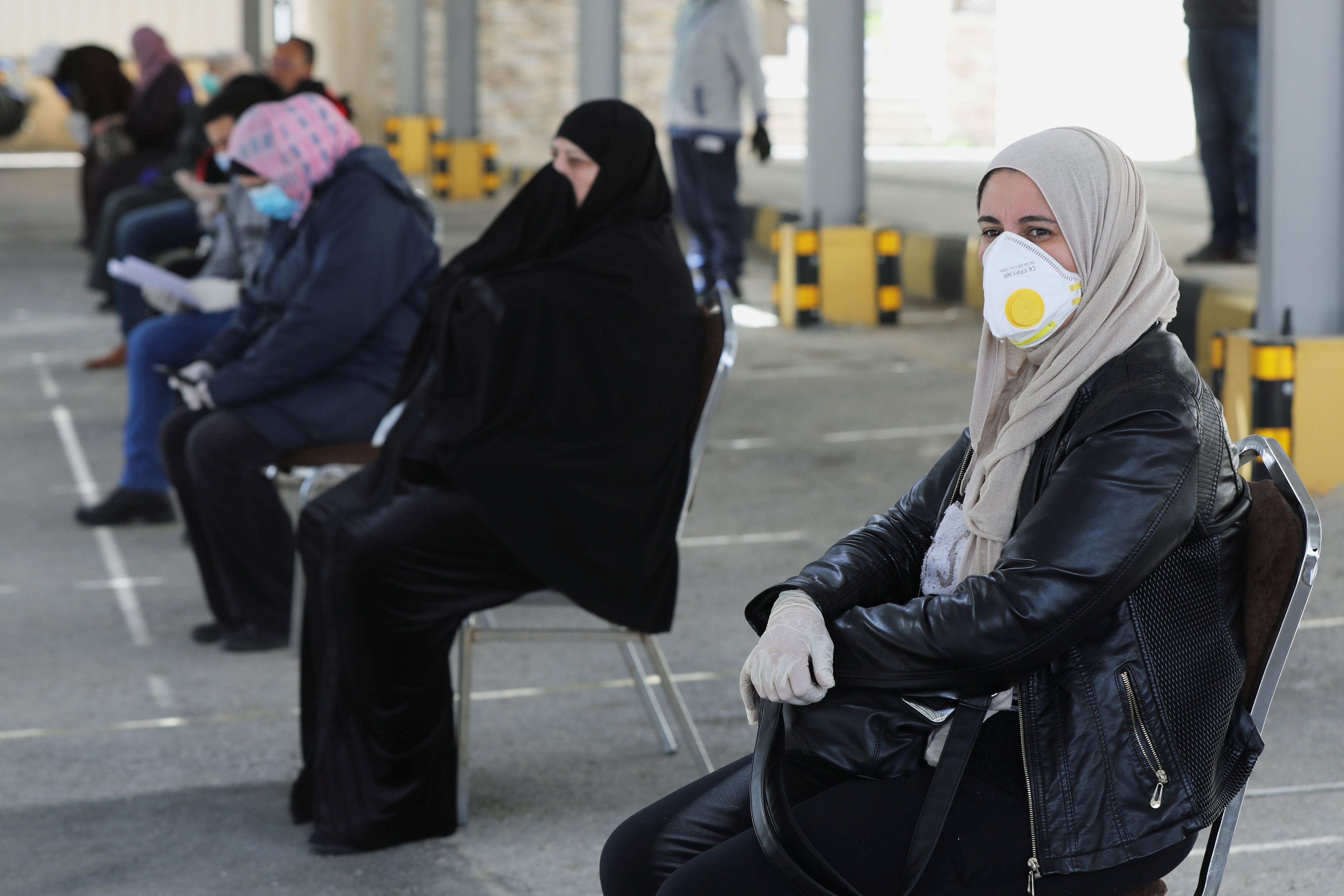Coronavirus Politics Daily: Jordan's COVID-19 response, New Zealand's long weekend plans, Philippines' illegal hospital
Jordan's COVID-19 successes – and failures: Jordan, which imposed one of the strictest lockdowns in the world, has fared relatively well compared to neighboring countries. To date, the country of over 10 million has recorded just nine deaths, a per capita death rate of just 0.88 per million people, compared with 32 per million in Israel and 9 in Saudi Arabia. The Jordanian government's Epidemic Committee, which is overseeing the pandemic response, has been widely praised for listening to medical professionals and delivering clear and consistent messaging to Jordanians on how to curb the disease's spread. But while the low caseload and death rate have paved the way for some businesses to reopen already, the economic impact has been severe, and critics say Prime Minister Omar al-Razzaz's government hasn't done enough to help jobless Jordanians and small business owners weather the economic downturn. The Kingdom, already mired in economic crisis before the outbreak, says it just doesn't have cash on hand to offer unemployment benefits. As Jordan slowly moves from the public health phase of the crisis to the economic one, the government's challenges are only beginning. The month of Ramadan is usually the busiest shopping season, and a boon for small business owners who account for some 75 percent of Jordan's total GDP. But this year, sales in the money-making apparel sector dropped 70 percent compared to the same period last year. Jordan's economy is expected to contract around 3 percent this year because of the pandemic.
New Zealand's long weekend plans:The pandemic is upending long-established rhythms of life, work, and commerce around the world, but now New Zealand is taking aim at one of the cornerstones of modern life: the five-day workweek. Prime Minister Jacinda Ardern, lauded for her government's effective handling of the COVID crisis, has suggested moving to a four-day week in order to give a boost to an economy that is set to shrink by 8 percent this year. The idea is that the extra day off will encourage consumption, domestic tourism, and general well-being as society works through the shock of the pandemic and its aftermath. Ardern isn't the only world leader to float the idea — Finland's Prime Minister floated it back in January, before the pandemic hit, and a smattering of employers around the world have slowly been experimenting with shorter work weeks in recent years. Whether New Zealand's businesses take up the idea broadly remains to be seen, but we'd like to point out that even the five-day work week that we take for granted is itself a relatively recent, andlargely arbitrary, invention, as this fascinating piece reveals.
Philippines busts a secret hospital: Philippine police this week raided a luxury villa in the city of Angeles that was operating as a clandestine pharmacy and hospital for illegal immigrants suffering from COVID-19. The facility, which has been providing coronavirus testing and treatment for several months, was treating Chinese nationals, most of whom are thought to be working illegally in the Philippines' lucrative online gambling scene, an industry which is outlawed in China. Anecdotal evidence suggests that Chinese nationals living without papers in the Philippines are avoiding hospitals even if they are gravely ill for fear of being arrested and deported. This is a problem with universal resonance. Research shows that in many parts of the world, migrants, who already face heightened risk of falling seriously ill from COVID-19, are afraid to seek testing or medical care because they fear expulsion.
